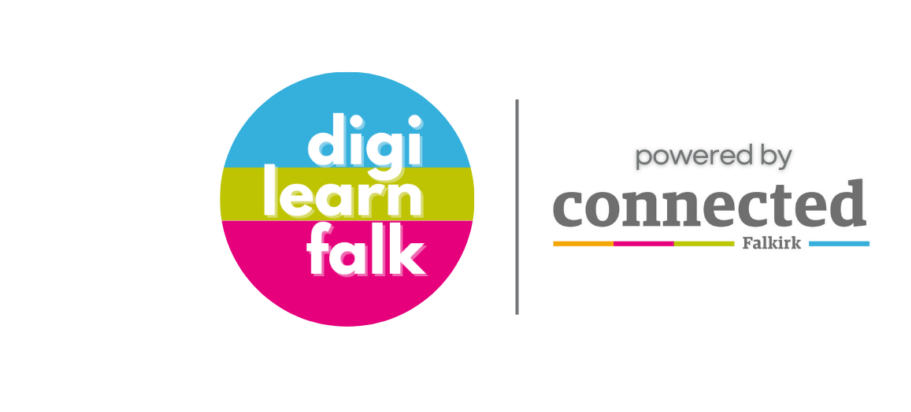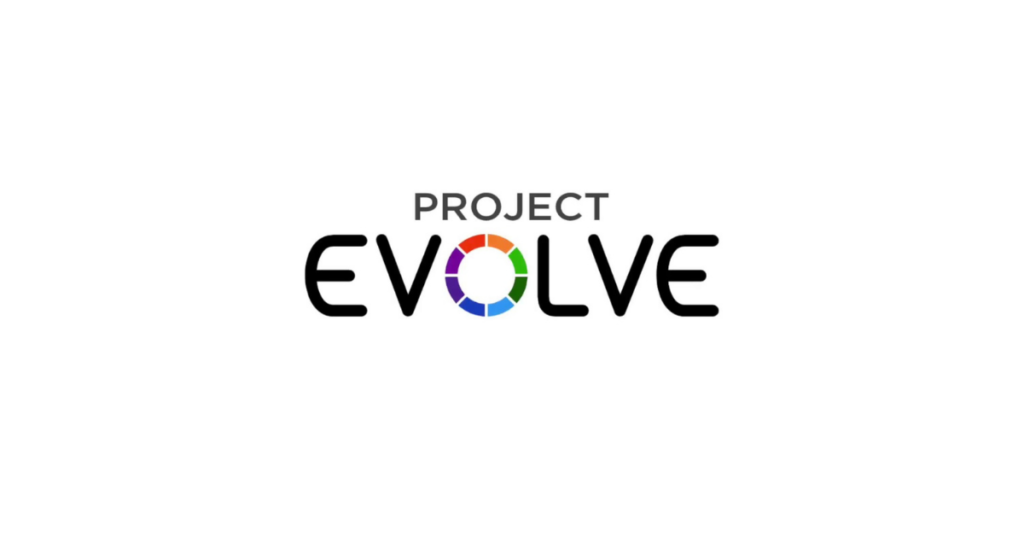What is it?
ProjectEVOLVE provides a framework and progression with matched activities and resources, to support anyone working with children and young people to equip them for digital life, from early years to age 18. ProjectEVOLVE takes the hundreds of statements from UK Council for Internet Safety’s (UKCIS) framework “Education for a Connected World” and marries together perspectives, research, activities, outcomes, supporting resources and professional development materials. ProjectEVOLVE is free to use.
How do I access it?
Visit the ProjectEVOLVE website and register to access resources. You can find out more about the registraion process and other elements of the ProjectEVOLVE site on their helpful guidance page.
.
How does it work?
ProjectEVOLVE provides a vast library of content with a variety of ways of navigating so that you can find what you need to suit the way you are looking for the information and resources. The toolkit covers knowledge, skills, behaviours and attitudes across eight strands of our online lives from early years right through to age eighteen (based on UKCIS framework “Education for a Connected World”. These outcomes or competencies are mapped to age and are progressive. The statements guide educators as to the areas they should be discussing with children as they develop their use of online technology.
If you access via the strands then once you select from the various strands you then can choose an age group (for example) to then be presented with the age-appropriate statements and, as you click on a statement this leads on to the supporting activities and resources for that strand, that age group and that specific statement.
The strands are Self-Image and Identity; Online Relationships; Online Reputation; Online Bullying; Managing Online Information; Health, Wellbeing and Lifestyle; Privacy and Security; and Copyright and Ownership.
ProjectEVOLVE turns the UK Council for Internet Safety’s (UKCIS) framework “Education for a Connected World from a comprehensive document into a progression of learning opportunities with supporting conversation/lesson prompts, presentations/activities/resources.
.
You can search by Keyword, Strand, Phase (Early Years – 7; 7 – 11; 11 – 14; 14 – 18); Stage or Theme (themes are: Age Restrictions; Using and Sharing Content; Disinformation, Misinformation and Hoaxes; Bullying; Online Fraud; Passwords; Protecting Personal Data; Persuasive design; Privacy; Targeted Content; Online Abuse; Online Challenges; Inciting Hatred or Violence; Fake Profiles; Grooming; Consent; Online Sexual Content; Communicating Safely; Body Image; Managing Use & Screentime; Online Disinhibition; Harmful Behaviours; Sexting; Rights and Responsibilities; Getting help & reporting).
And you can just go to resources by browsing and filter to your need.

Once you have chosen a specific stand, for a specific age group, and outcome criteria (statement) then you will be find lesson question prompts, an outline description of the activity, and an associated presentation and other resources to accompany the activity (the provided presentations can be accessed online in Google Slides format or can be downloaded as a PowerPoint presentation).
The YouTube video below (from the helpful ProjectEVOLVE website guidance page) gives a quick overview of finding the resources you need:

The content has been written by a team of experts from the UK Safer Internet Centre. And as its name suggests it’s designed to evolve as it keeps up to date, relevant and engaging in supporting online life education for today.
Blog Post Credit: Malcolm Wilson


